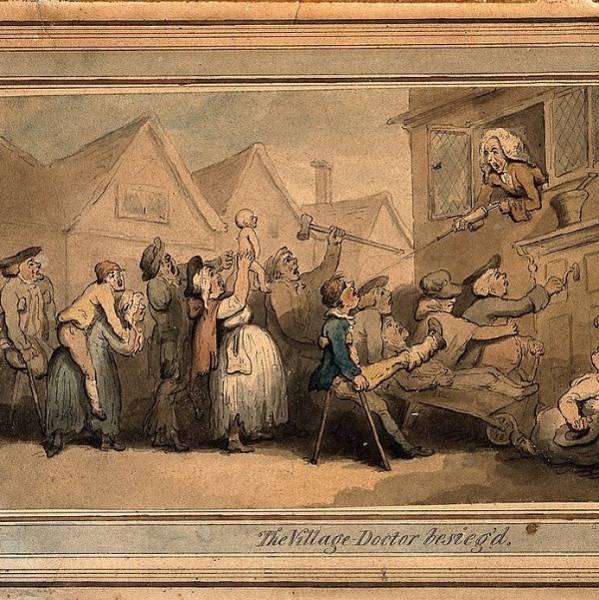
This article is a preview from the Summer 2016 edition of New Humanist. You can find out more and subscribe here.
Routledge International Handbook of Ignorance Studies Edited by Matthias Gross and Linsey McGoey
The Routledge International Handbook of Ignorance Studies is likely to prompt a bemused response. What is there to know about not knowing? Why honour a negative concept? But upon immersion in its 40 chapters – from fields as diverse as literature, biology, criminology and philosophy – one quickly grasps the need to take its subject seriously. The march of knowledge will never mean the death of ignorance. As its editors, Matthias Gross and Linsey McGoey, state in their opening words, “New knowledge always leads to new horizons of what is unknown.” Ignorance is here to stay. The least we can do is understand it.
This handbook’s strength lies in offering multiple routes by which to grasp its central concept. From it, we learn that ignorance may, for example, be socially constructed, strategically generated, rationally selected or wholly unintended; it can spur inquiry or simply bolster belief; it can be benign and individual, or reproduce injustice over territories and time. The handbook offers perspectives on ignorance both ancient and contemporary, from Plato to Popper and beyond. On reading Jerome Ravetz’s chapter “From Descartes to Rumsfeld: the Rise and Decline of Ignorance-of-Ignorance”, you will find yourself watching Donald Rumsfeld’s much-mocked 2002 speech on “known unknowns” and “unknown unknowns” with new Socratic eyes.
The handbook also prompts us to question the values we ascribe to ignorance. Though often seen as a negative and undesirable label, ignorance can be positive. It can aid discovery and experimentation and shield us from distress. It can also enable new knowledge and creativity, as Joanne Roberts suggests in her discussion of organisational ignorance. There, she cites Orson Welles who, when asked where he got the confidence to make Citizen Kane (aged just 25), replied: “Ignorance, ignorance, sheer ignorance.”
But ignorance has its sinister side. This is most striking in Charles W Mills’s piece on “global white ignorance”, in which he argues: “Achieving a new world will require an admission of the white lies that have been central to the making of our current unjust and unhappy planet.” Global justice, he concludes, demands the “ending of global white ignorance”. Mills’s piece illuminates the erasure, disavowal and denial on which our present order is built. Also striking is S Holly Stocking’s and Lisa W Holstein’s discussion – focused on scientific ignorance – of how journalists can sometimes become “unwitting allies of powerful actors who strategically construct ignorance to protect and advance their own interests”. Both pieces prompt us to question the certainties and “common sense” understandings upon which we live and presume to “know”.
But the text that lingers longest comes from Peter Wehling, whose discussion of the “right not to know” raises profound questions. Examining debates around pre-conception genetic carrier screening, he discusses how the right to ignorance of one’s genetic make-up has been challenged by claims of a “‘duty to know’ in the name of genetic solidarity and responsibility”. Wehling’s piece – and his insistence on the legitimacy of opting for ignorance – is stirring, particularly where he writes that a reluctance to acquire genetic knowledge should not be read as weakness or irrationality. “Living with persistent uncertainty,” he states, “is no less demanding and no less legitimate than being tested in order to have certainty, for good or bad.”
As a referendum looms about which we know little, reforms are made in our name by politicians pumped with conviction and we continue to shelter in social media’s echo chambers, understanding the uses and guises of ignorance feels vital. This handbook is a fascinating, instructive means for doing just that. One can only hope, with Ravetz, that we might recover from “the desperate certainties of Descartes and his generation” and again see “ignorance of ignorance” as a “barrier to genuine knowledge”.

